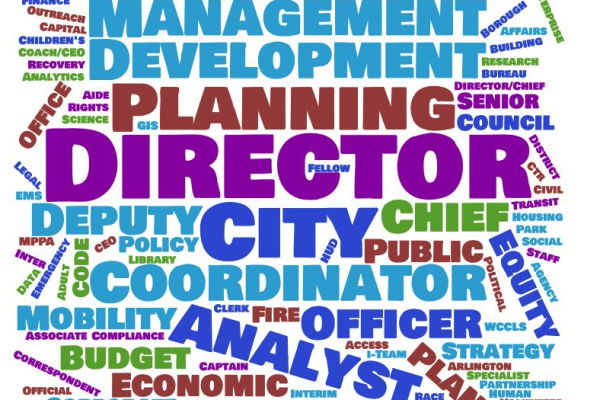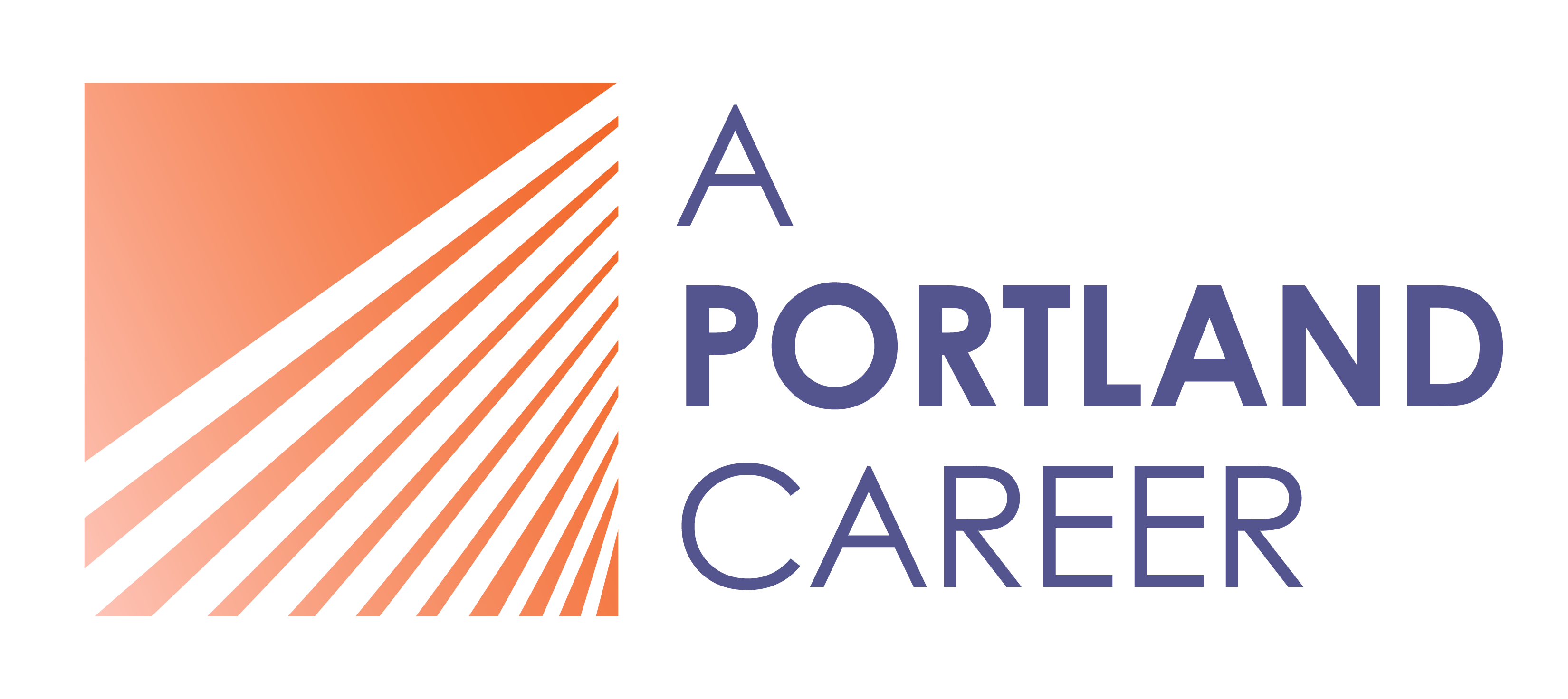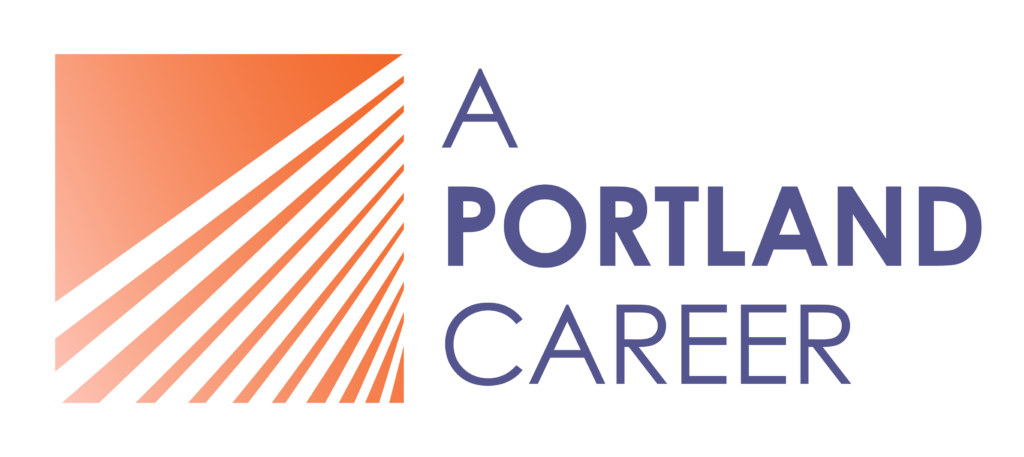So often, our careers seem to be at odds with our core values. This career values exercise gives you permission to think outside the cubicle and find work you love!
Decide whether you should pursue a practical career or a passionate calling with our career interest assessment.
Getting Clear on Your Career Path: Discerning Your Interests and Passions
By Dan Hahn, M.S. and edited by Jelena Grove
You deserve career satisfaction! Schedule a call today to forge a new path

We all have that enviable friend who’s known their life’s calling since the first grade. Unfortunately, we can’t all be so lucky.
We’re here to share some good news: not everyone has a “calling” in the first place. And if you’re not entirely sure what your interests and passions are, this post will help you discover them – no matter what stage of your career you’re in.
What do you do when you don’t love what you do?
If you’re like most people out there, you may need to put some effort into uncovering long-suppressed (or forgotten about) interests, “callings,” or passions.
While you’re at it, you should probably forget all about the “do what you love, love what you do” cliché altogether. If you want to feel satisfied in your career, you’ll have to get clear on what it is you’re really looking for before making any big-time career decisions. Whether you’re still in high school and need to choose a major, a college student trying to figure out the next step, or a working professional considering a career change, this post will help you uncover what it is you’re really looking for and how to figure it out.
If you’re not sure what your next step should be, bookmark this page and begin by reflecting on our article What’s the Difference between A Job, A Career, and A Calling? to decide if your priority is to pursue:
- A new job (using your current skill set and knowledge)
- A career change (taking over a year to obtain relevant training or education)
- A deeper calling (pursuing a passionate commitment to work for its own sake)
If your priority is getting a job as soon as possible, head to our Job Search archive for practical tools to boost your profile as a job seeker.
Otherwise, you’ll need to decide if you want to go for a career where you can apply your interests, or a calling that matches your passions.
Home → Helpful Articles → Career Exploration → Getting Clear on Your Career Path: Discerning Your Interests and Passions
If you’re thinking about a new career direction, here are some great posts to help you structure your exploration:
- Your Career Values Assessment
- Taking Your Skills Inventory: Self-Assessment Time
- How to Decide on a Career Path
- Big Five Personality Traits
- Crack the Holland Code
- The 6 Best Career Exploration Websites to Narrow Down your Job Search
If you’re still feeling stuck, get in touch, and we’ll help you match your skills, passions, and financial needs to a great new career path.

Step 1: Do I Pursue an Interesting Career or a Passionate Calling?
There’s no universal right answer to this question, but we like to think there’s a “right” approach: and it begins with rational self-assessment (read: asking yourself lots of questions about your decision and answering them honestly).
There are great reasons why you should listen to your heart to identify your deep passions and point the way to your dream job. One or more of the following may propel you:
- You can no longer ignore the compelling inner voice that’s been trumpeting to you for years
- You have the financial means to support yourself – even if it takes a while to produce an adequate income
- You have cheerleaders— your parents, spouse, friends, and/or kids want you to follow your dream
- Your passion matches solid career opportunities — you love medicine; you’re a passionate web developer; you wake up in the morning excited to counsel people who seek help
- You’re young, or young at heart – you can dust yourself off and re-career again if it doesn’t work out
One way to determine if you want to commit to a calling is to review the times you’ve pursued callings in the past, either as paid work, hobbies, or volunteer work. Ask yourself:
- What was the calling? (It could be more than one)
- What was negative about the experience?
- What was positive about it?
- Why did you leave? Was it something about the context of the situation that sullied your passion? Might that same passion thrive in a new environment?
If you discover you have a passionate calling you must pursue, that’s great. There are, however, plenty of valid reasons to forego a calling and instead focus on identifying a set of pragmatic interests that can sustain you in a new career:
- Going out on your own costs a lot of money, and you’d anguish over the risks and financial reality of following your passion
- Your family members or loved ones would suffer from the financial consequence
- It would take too long to pay your dues (get through law school, finance a restaurant, etc.)
- You’re perfectly happy with pursuing your passions — a sport, permaculture, investing in cryptocurrency, hiking, cooking, travel, etc.— as hobbies
- You don’t have a career-type passion or calling. That’s perfectly fine – a lot of people don’t and still have highly satisfying careers
The Interests and Passions Assessment
When you review your answers to the following questions, notice which themes emerge. For example, you may spend your free time hiking in the Mt. Hood wilderness; you loved your ecology classes; Jane Goodall is your hero. These may tie together, leading you to identify something like “conserving natural spaces” as a top interest or passion:
- What do you love to do in your spare time?
- What social, environmental and/or creative concerns are most important to you?
- What organizations do you volunteer for or donate money to?
- Which groups of people do you most enjoy interacting with? (Examples: children, teens, professionals, elders, creatives, techies, leaders, people from other cultures)
- What are you doing when you find yourself losing track of time?
- What are the recurrent topics in books or blogs that you enjoy reading or which podcasts do you follow?
- What are your recurrent work-related daydreams and fantasies?
- Where have you been the most successful (from your point of view) doing something that matters?
- What are some passions and interests that you had as a young person that are still important to you?
- Which topics do others tire of hearing you talk about?
- Which courses or fields did you enjoy most in school?
- Who are your heroes, and what were they passionate about?
If you need help getting started, schedule a call, and one of our expert career coaches and decision-making experts will guide you through the process.

Step 2: Assess and Summarize Your List of Interests and Passions
Write down the themes that emerged from Step 1. These themes will form your “Assessment Summary.” To help you shape a career direction, they shouldn’t be too broad. For example, “social justice” is too broad because it could apply to hundreds of careers. Instead, “health care for low-income people” is a clear and focused interest within the realm of social justice that can more concretely shape a career choice.
List interests that are likely to endure over the long run. You may have read a stimulating article about Bitcoin a couple months ago, but unless you have a longstanding interest in cryptocurrency or financial systems, your Bitcoin fascination (and that form of currency!) may not endure.
Picture yourself in five years going to a conference or reading professional journals about this topic. If this vision excites you, it might be one of your top five interests — it may even be (or become) a passion!
Once you’ve identified the interests or passions that are most important to you in your next career, select five to transfer to your Assessment Summary. If you’re still not entirely sure how to complete this exercise, the following examples from our clients will give you some clarity:
Aaron’s Assessment Summary
26-year old Aaron had a driving passion to be a football coach. After graduating from Willamette University with a major in history and a minor in math, Aaron worked at another university for four years as a poorly paid assistant coach while earning a master’s degree in education. There, he discovered he didn’t particularly like his student teaching experience.
Later on, he met and committed to a partner who was pursuing a career in politics in Salem. Aaron decided to abandon his dream of becoming a coach because he would’ve had to relocate, creating distance from his partner and family. Because these relationships were important to him, he needed more career options.
As a first step, Aaron decided to keep football as one of his top five interests and passions in case an unexpected door should open. That left four spots to fill, so he opened his laptop and began brainstorming. Here’s what he came up with in his first list:
- Football
- Learning
- Making home-made jam and holiday cards
- Applied mathematics
- Ending homelessness
- Urban planning
- Computer programming
He then reviewed the list and decided that ending homelessness and making holiday cards could fit well into his hobbies and civic engagements. Making jam was too narrow, so he examined the broader interest that drove that activity, revealing that he had a deep interest in entrepreneurial food ventures.
After completing the full assessment and exploring his interests and passions further, he transferred these to the top of his Assessment Summary:
- Football and sports
- Applied mathematics
- Entrepreneurial natural food ventures
- Urban Planning
- Applied Computer Software Applications
Jasmine’s Assessment Summary
43-year old Jasmine was a special education teacher before taking a break from her career to raise twins. Nine years later, the family finances demanded that she bring some income into the household. She felt uninspired in her days teaching special education, and wanted her next career to be more passion-driven.
Jasmine’s answers to the questions in Step 1 showed that her heart was still at the hearth. The passions that drove her use of free time, her book choices, her work-related fantasies and daydreams, as well as the “topics others are tired of hearing me talk about” initially included:
- Decorating my home with finds from thrift shops
- Time with the kids
- Helping immigrants find and organize their homes
- Gardening
She then gave this list a hefty nudge to move it towards career arenas outside the home that focused on her love for all things domestic. Because she wanted to include only topics that sparked her passion, she decided that three rather than five on her Assessment Summary Profile were just fine. She was perfectly happy forgoing the idea of having a pragmatic backup plan. Her final list of passions were:
- Organizing homes for aesthetic and functional appeal
- Buying attractive home products
- Welcoming immigrants, particularly helping them find decent shelter
Still not sure how to refine your answers? Talk to one of our career counselors to help you narrow down your list and get personalized career advice.

Step 3: Identify Career Titles And Save Them For Later
As you may have noticed, the themes that emerge from your interests or passions can inspire real-world career titles for you to consider later on. For example, Aaron could apply his interests in applied math to become a “college math professor” or go into “consultative software sales.”
Jasmine could become a “professional home organizer,” “interior designer,” or a “buyer for a home goods store.” When these titles present themselves, create a “Brainstorming Possible Career Titles” list and add them to it. It’s also helpful to search those job titles on social media (especially LinkedIn), and read through both job openings for those titles and profiles of people who hold them. This exercise will help you learn what the top skills, education, and responsibilities are for those kinds of positions, as well as open doors for possible networking connections and informational interviews.
Tip: As you engage with each self-assessment activity, new career titles will continue to emerge. As mentioned before, we recommend paper clipping or tagging Brainstorming Possible Career Titles. While it may be premature to fret about the fit of a specific career title in this early stage of career hunting, it’s comforting to know that you’re recording these titles for later exploration and research.

Step 4: Refine Your List of Interests and Passions
After you’ve recorded your top five interests or passions in your Assessment Summary, take a week to step away – and then come back to your list. When you return, address these final few items:
- Ask yourself, Am I at peace with leaving one or more interests or passions off the list? Am I okay with them being a centerpiece of my life outside of my career? If you’re uneasy about your answers, put them back on the list of final five (AKA the Assessment Summary in Step 2) for deeper exploration.
- Say the following to yourself and people close to you:
“I’ve decided that my next career will be in a field that addresses one of these top interests or passions: ____________, _____________, ___________, ____________, __________”
If this feels true, reward yourself with something significant. Identifying your top interests and passions is one of the most challenging aspects of finding a meaningful career direction. Congratulations! You now have a firm foundation to continue your journey.
Tip: You can do this assessment several times if you need to. The goal is to land on career interests or passionate callings that feel right to you—that speak to both your heart and your head, and are sustainable over the long run.
Key takeaways
- Your interests and passions aren’t always as obvious as you might expect––it takes some hard work and getting out of your comfort zone to figure it out
- Dissatisfaction in your current job might mean one of three things: you need a new job in the same field (not new training); an entirely new career (and relevant education/training); or to listen to your heart and forge your own path
- Anyone can have a satisfying career even if they don’t have a “passionate calling”
- Decide between a pragmatic career and a passionate calling by writing about, talking about, and reflecting upon your answers to the 12 questions above
- Lists are your friend: use them to narrow down your experiences to identify interests, passions, and possible job titles you may want to pursue in the future
Related articles you might be interested in:
The 6 Best Career Exploration Websites to Narrow Down your Job Search
Discover the 6 Best Career Exploration Websites to find job titles, requirements, salary range, and market outlook for the most promising career paths!
How to Decide On a Career Path
Deciding on a career path can feel overwhelming, but with clear objectives, solid self-assessment, and a healthy trust of your gut instincts, you can do this thing!
Your Career Exploration Brainstorm: Deepen your Search!
In this career exploration brainstorm, we encourage you to think expansively about possible career paths, and then create the ideal career short list for you!





